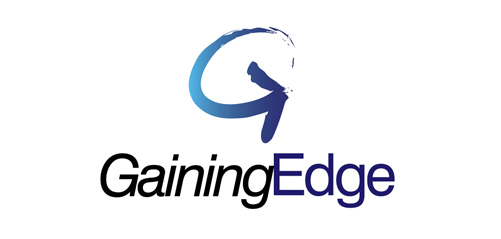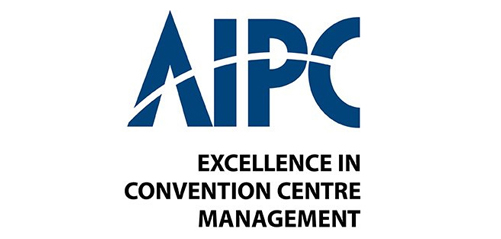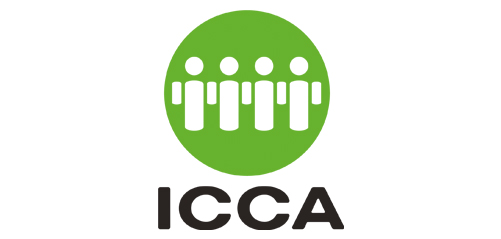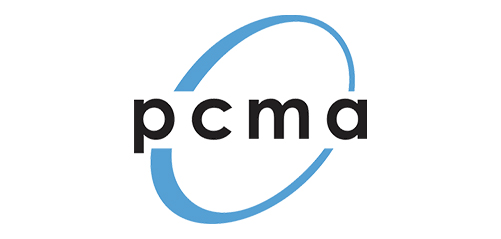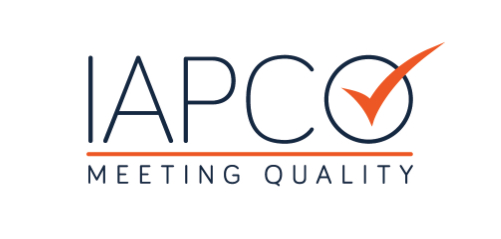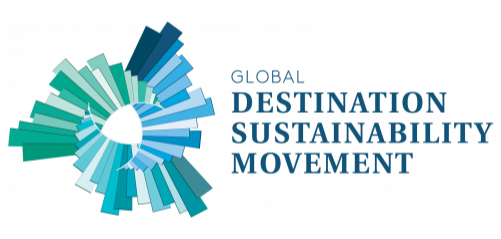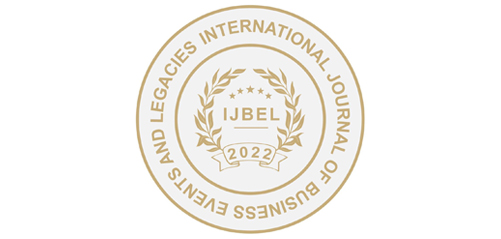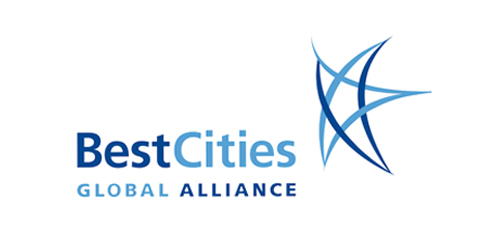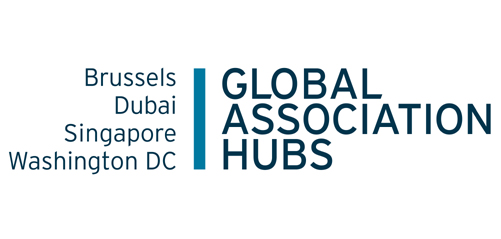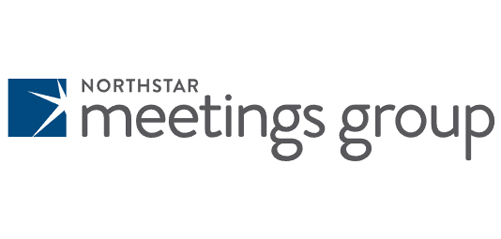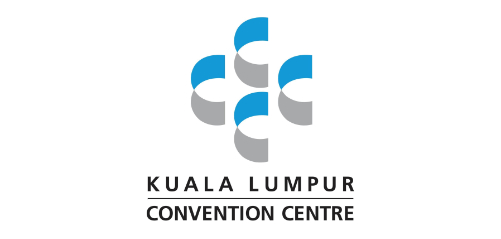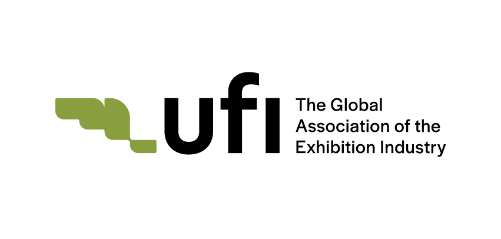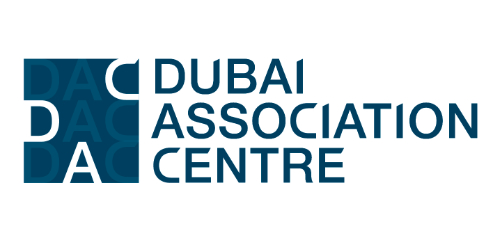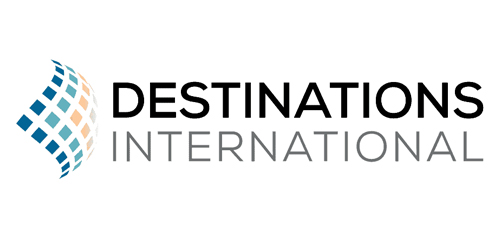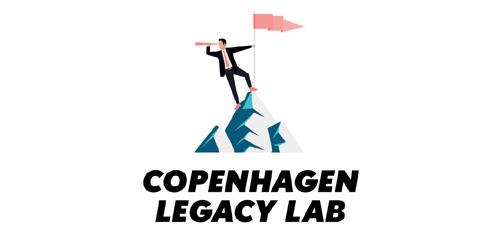James Rees, President of JMIC: “These documents, vital to the development of an industry-wide standard pathway towards net zero carbon events.”
The global industry leading Net Zero Carbon Events initiative has published seven best practice guidance and methodology documents that provide highly valuable actionable insights and strategies for the industry as organisations worldwide develop and implement their plans to achieve net zero. The documents are now available free to download at https://www.netzerocarbonevents.org/resources/
The seven documents, produced by dedicated action area workstream teams, were launched at ExCeL London on 11 December 2023. They cover priority areas identified by the Roadmap published a year ago – Venue Energy; Smart Production and Waste Management; Logistics; Travel and Accommodation; Food and Food Waste; Offsetting and Measurement.
James Rees, President of Joint Meetings Industry Council (JMIC), which is driving the Net Zero Carbon Events initiative for the industry said: “These documents, vital to the development of an industry-wide standard pathway towards net zero carbon events, represent the largest, most inclusive collaboration across the events industry ever achieved, with the Net Zero Carbon Events initiative being supported and endorsed by UNFCCC.
“This achievement is the result of the hard work of over 100 industry volunteers whose support, added together, represents many years of working time to develop, critique and finalise these guidance documents to be used in practice and improve upon over time as NZCE evolves.”
Presenting the outcomes featured in the seven documents, Alexander Alles, Executive Director of JMIC commented “The expertise within the workstream teams has been of the highest level: senior operations and sustainability experts from event organisers, venues and service suppliers across the world.”
Each of the seven documents contains valuable detailed guidance to help organisations progress on the decarbonisation journey. For instance, the measurement methodology, serves as a comprehensive guide for understanding and quantifying event-level emissions. It covers nine emission source categories, measurement tiers, event-level metrics, extrapolation, and baseline setting. Smart Production and Waste Management has launched a Materials Library with a comprehensive list of different materials used in events with their specific emissions factors with the plan to expand it in future while Logistics not only provides advice on On-Site and Last Mile Logistics but also on Traffic Management and Smart Cities.
Future Outlook
The event also looked to the future of the initiative. Kai Hattendorf, Managing Director and CEO of UFI, The Global Association of the Exhibition Industry, said that the release of the guidance documents completed the initial work of the NZCE initiative. In 2024 and beyond, the focus will shift from development to implementation.
“We achieved in record time what no one deemed possible initially – a united industry response to the climate challenge. Going forward, NZCE will focus on supporting and guiding NZCE supporters and pledgees with their implementation of the guidelines and emerging standards”, Kai says.
To achieve this in the best possible way, NZCE will again adapt its structure and work flows around three central ‘tentpoles’ – “Measurement, Reporting & Verification”; “Activation & Adaptation” and “Communication & Education”. The initiative’s work will be based on a series of projects to progress topics such as Reporting, Standards, Certifications, Reusable Stands and other key issues prioritised in the community as central drivers of greenhouse gas reductions.
“Staying agile on the way to achieve clear targets is the key to acting fast and efficiently – that certainly is one lesson the pandemic taught us, and it is part of the DNA of the Net Zero Carbon Events initiative. And speed remains of the essence as we need to show that the global events industry is a part of the solution to the global climate crisis”, sums up Kai.
At the event industry leaders from across the world spoke about the importance of the work of this campaign.
Brian Brittain, COO of RX endorsed the importance and value of the workstreams’ work. “Establishing a consistent method to measure carbon emissions at events is crucial. Today’s launch of the measurement methodology and guidance from the various workstreams signals the outset of a proactive approach. Our focus to understand our emissions remains unwavering— but now we need to swiftly trial and amplify carbon reduction initiatives at our events. This guidance will help us do just that, but it isn’t solely for RX; it sets the pace for the entire events industry, motivating collective action towards achieving a net-zero future.”
Mark Temple-Smith, COO of Informa Markets says: “Solving the major sustainability challenges that face an industry cannot be done by one single contributor – in fact, it requires the industry as a whole to come together and work towards a shared goal. The B2B events industry is no exception – in fact our whole industry is built on the idea of bringing people together – and it’s thanks to initiatives such as Net Zero Carbon Events that progress is being made across the industry rather than in silos.
“Today’s launch of a consistent set of frameworks and approaches will help make the industry much faster and more cohesive when it comes to the fundamentals of carbon measurement for events and allow us to go even further in working with our supply chain and venue partners to cut emissions even further.”
Alan Steel, CEO of the Javits Center in New York City reinforced his organisation’s commitment to the Net Zero Carbon Events initiative:
“The Javits Center is proud to have been founding signatories of the Net Zero Carbon Events pledge. We are committed to sustainability and our proactive efforts have become an integral part of our everyday work. From the installation of a rooftop farm, orchard, and greenhouse on our Convention Center, to innovative waste management programs for the events that take place here, we have aligned our programs with the goals of Net Zero Carbon Events initiatives – and intend to continue doing so.”
Finally, James Rees looked forward “Part 2, the next stage of the initiative is a major change and exciting step forward. After the three phases of development, identifying what needs to be covered and producing guidance, successful implementation is vital. This next part needs the total commitment and active engagement of everyone from CEOs downwards to achieve net zero.”
Net Zero Carbon Events is open to all organisations involved in events. Registration is free of charge, but financial contributions are crucial to developing the campaign.
Please visit www.netzerocarbonevents.org/funding-opportunities for further information.
For further media information please contact ChrisLewis@clareville.co.uk or AlisonLedger@clareville.co.uk



